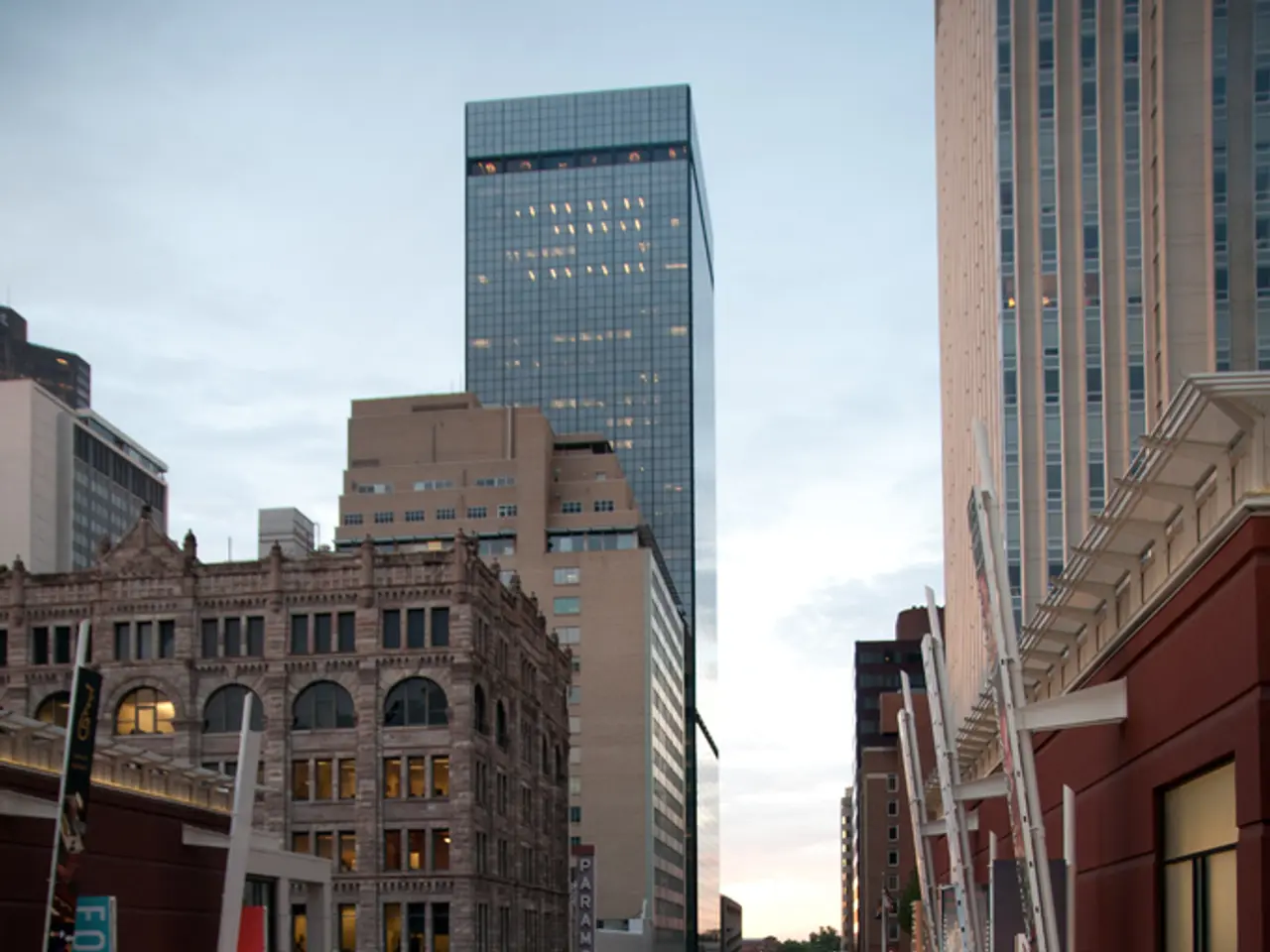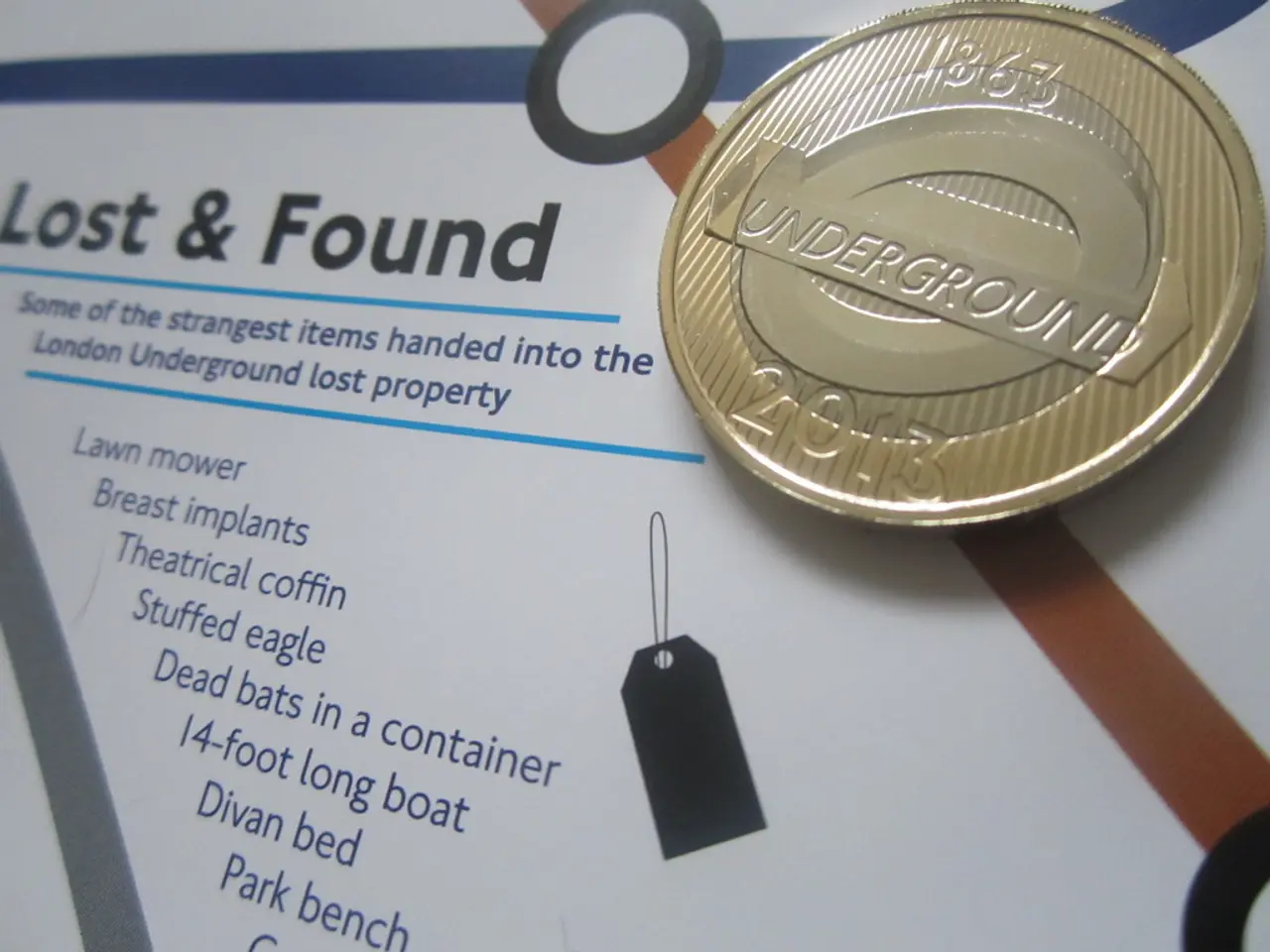Business organization aims to nullify Los Angeles' $800 million business tax, arguing an unfavorable job environment.
Los Angeles is facing a significant financial decision with the submission of a ballot measure that aims to repeal the city's gross receipts tax. If passed, the repeal would eliminate a major source of revenue for the city, creating an estimated $800 million annual shortfall in the city budget.
The gross receipts tax currently raises over $800 million each year, which directly funds the city’s general fund used for essential services such as police patrols, fire departments, paramedic response, and other core government operations. Losing this revenue would severely impact the city’s ability to fund these services.
The potential impacts on Los Angeles' budget and services include significant reduction in city revenue, cuts or layoffs in city services, and economic claims by proponents. Supporters argue that repealing the tax would improve the business climate by reducing costs on employers across many industries. However, these economic benefits would come at the expense of city budget stability.
Former Mayor Eric Garcetti acknowledged the tax’s competitive disadvantages but was concerned that full repeal without replacement revenue would lead to cuts in services. City Hall has already planned layoffs of hundreds of city workers to balance the budget, and eliminating this tax revenue could force further cuts to public safety and other municipal services.
The ballot measure, called the Los Angeles Cost of Living Relief Initiative, would affect a wide range of businesses, including entertainment companies, child-care providers, law firms, healthcare businesses, nightclubs, delivery companies, and many others. The next city election is in June, and proponents would need to gather about 140,000 valid signatures for the measure to qualify.
Meanwhile, Unite Here Local 11, which represents hotel employees, has responded with a package of countermeasures. One would require a citywide election on the construction or expansion of hotels, sports stadiums, concert halls, and other venues. Another countermeasure from Unite Here would hike the minimum wage for all workers in the city, raising it to the level of hotel and airport employees.
City officials have expressed concern that the measure would lead to significant cuts in public safety, homelessness initiatives, and other city services. The city's economy has been struggling due to increased taxes, higher city fees, and new regulations. The proposed minimum wage for hotels and LAX workers would be the highest in the U.S. if passed.
L.A. County election officials are currently verifying signatures for the proposed ballot measure. The outcome of this decision will have a significant impact on the financial future of Los Angeles and its residents.
- Los Angeles, due to a potential ballot measure, faces a challenging financial decision regarding the repeal of the city's gross receipts tax, a move that could result in an estimated $800 million annual shortfall.
- The city's general fund, which finances essential services like police patrols, fire departments, and paramedic response, currently raises over $800 million per year through the gross receipts tax.
- If the repeal passes, it could lead to significant cuts or layoffs in city services, causing severe impacts on the city's ability to fund these services.
- Proponents of the repeal argue it would improve the business climate by reducing costs on employers across multiple industries, including entertainment, law, healthcare, and business.
- The measure, called the Los Angeles Cost of Living Relief Initiative, would affect a wide range of businesses if qualified for the city election in June.
- Unite Here Local 11, representing hotel employees, has proposed countermeasures, including a citywide election on the construction or expansion of establishments like hotels, sports stadiums, concert halls, and others.
- City officials and unions are concerned that the measure could lead to significant cuts in public safety, homelessness initiatives, and other city services, potentially harming the city's economy further, which has already been struggling due to increased taxes, city fees, and new regulations.




